November is remembered as National Diabetes Month in India, as a response to the rising threat of diabetes. This day promotes the importance of taking conscious steps towards controlling this chronic illness.
Here’s what you need to know:
Know what diabetes is
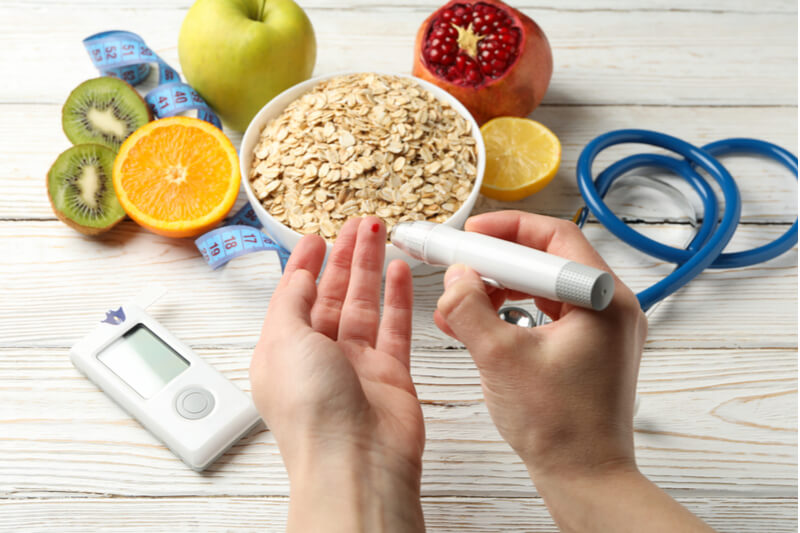
Diabetes mellitus refers to a group of diseases that have an adverse impact on how the human body produces and uses glucose or blood sugar. In order to function, the body cells use glucose with amino acids and fats that release energy to carry out daily activities and functions.
The types of diabetes include type 1 diabetes caused by the body’s autoimmune response that stops producing insulin; type 2 diabetes that occurs due to the body’s inability to optimally use insulin; and gestational diabetes that occurs in pregnant women.
Dos and Don’ts for diabetes control tips:
Follow these dos and don’ts to control your diabetes:
Dos
- The nutrient intake of people with or without diabetes is not very different. However, the nutrition intake has to be individualised based on gender, age, weight, height, and physical activity.
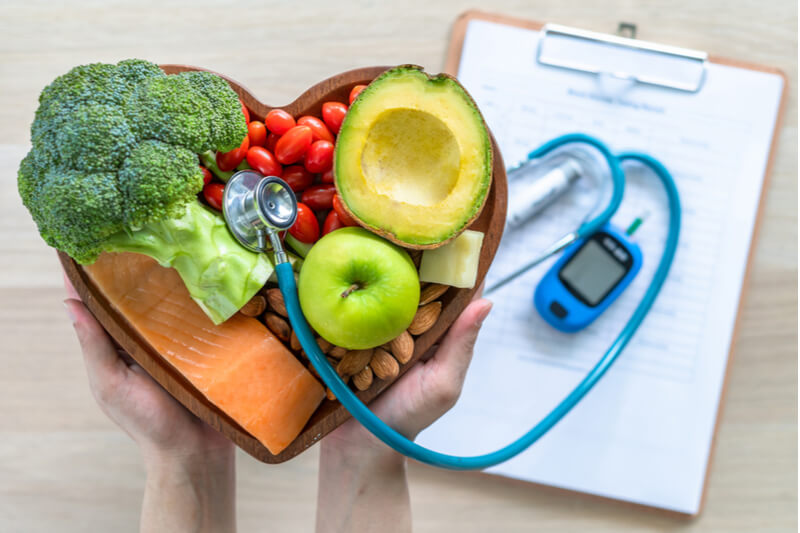
- Include green leafy vegetables like kale, cabbage, broccoli, and spinach that are rich in potassium, calcium, and vitamin A and fresh citrus fruits that are a powerhouse of vitamin C.
- Foods that have omega-3 like chia seeds and walnuts are extremely beneficial.
- Consume fibrous and whole-grain foods, including brown rice, quinoa, millet, whole-grain pasta and bread.
- Eat a balanced diet with foods that have a low glycaemic index to keep your blood sugar level in a normal range.
- Reduce consumption of saturated fats, such as butter and ghee.
- Reduce your portion size. Staying in a calorie deficit can help you lose weight. Including 4-5 small frequent meals a day instead of 3 big meals always helps.
- Consume low-fat dairy products and limit your salt intake.
- Chew your food well and drink plenty of water. Hydrating can dilute your blood which keeps your blood sugar low.
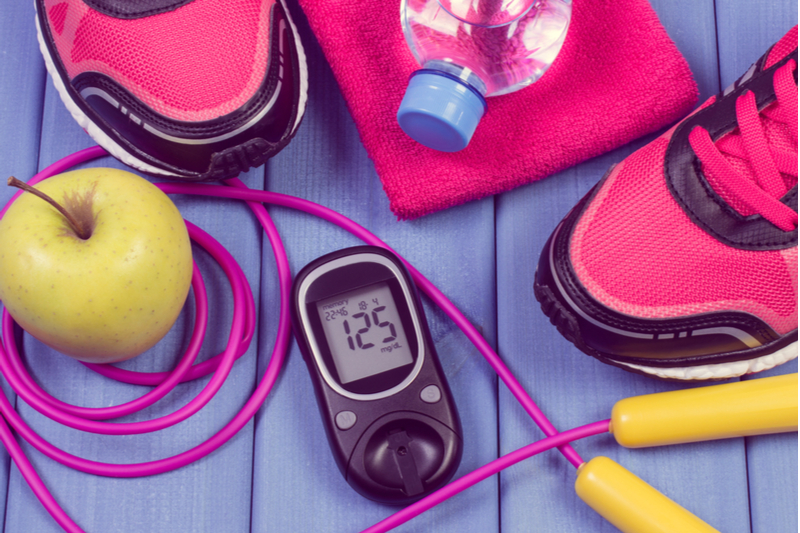
- Get at least 30 minutes of exercise 5 times a week to lead a healthy lifestyle.
- Check your blood sugar level on a daily basis if your sugars are not in control.
Don’ts

- Avoid smoking as it causes cancer of the oral, throat, breast, lungs, prostate, and digestive tract.
- Avoid drinking alcohol as it affects the liver, peripheral nerves, and can result in cardiovascular health complications.
- Refrain from consuming refined, starchy foods, processed, and oily food. Cut down on sugary aerated drinks and sweetened products like cakes, pastries, sugar, jaggery, honey, etc.
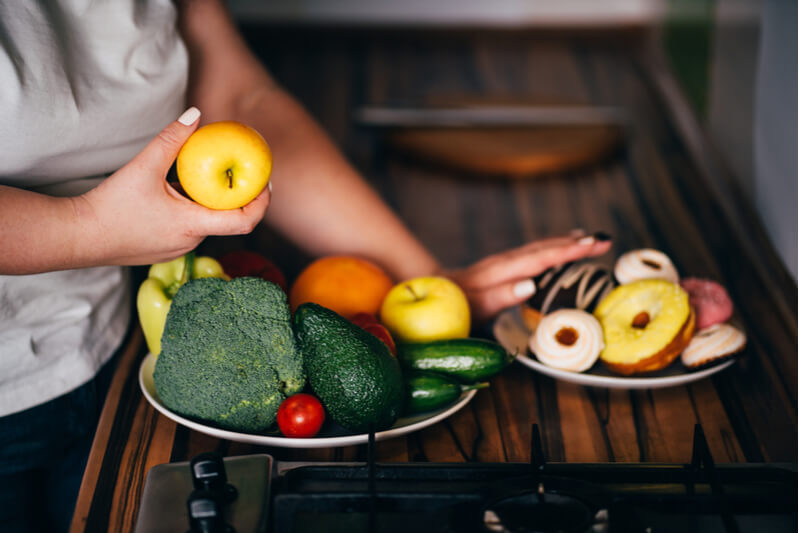
- Do not watch television, or use your smartphone, or talk while having food.
- Patients who depend on an artificial source of insulin or oral hypoglycaemic agents should not fast as it may lead to hypoglycaemia by lowering the blood sugar level. Blood glucose fluctuations can also lead to microvascular complications.
- Don’t completely abandon carbohydrates. Include them in moderation in your meals throughout the day.
Get personalised guidance to deal with diabetes on our Chronic Management Program. You can measure your blood sugar level on our online Blood Sugar Level Calculator. For more information about nutrition and mindfulness, visit the Activ Living Page.





 1800-270-7000
1800-270-7000

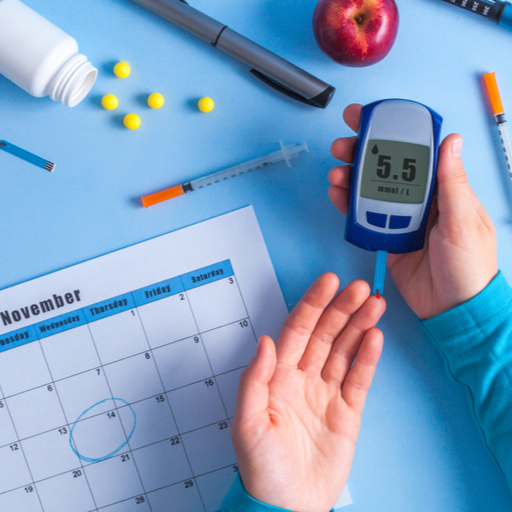





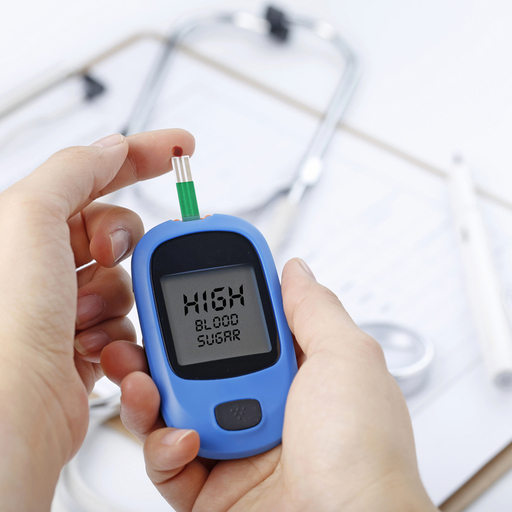




Very helpful